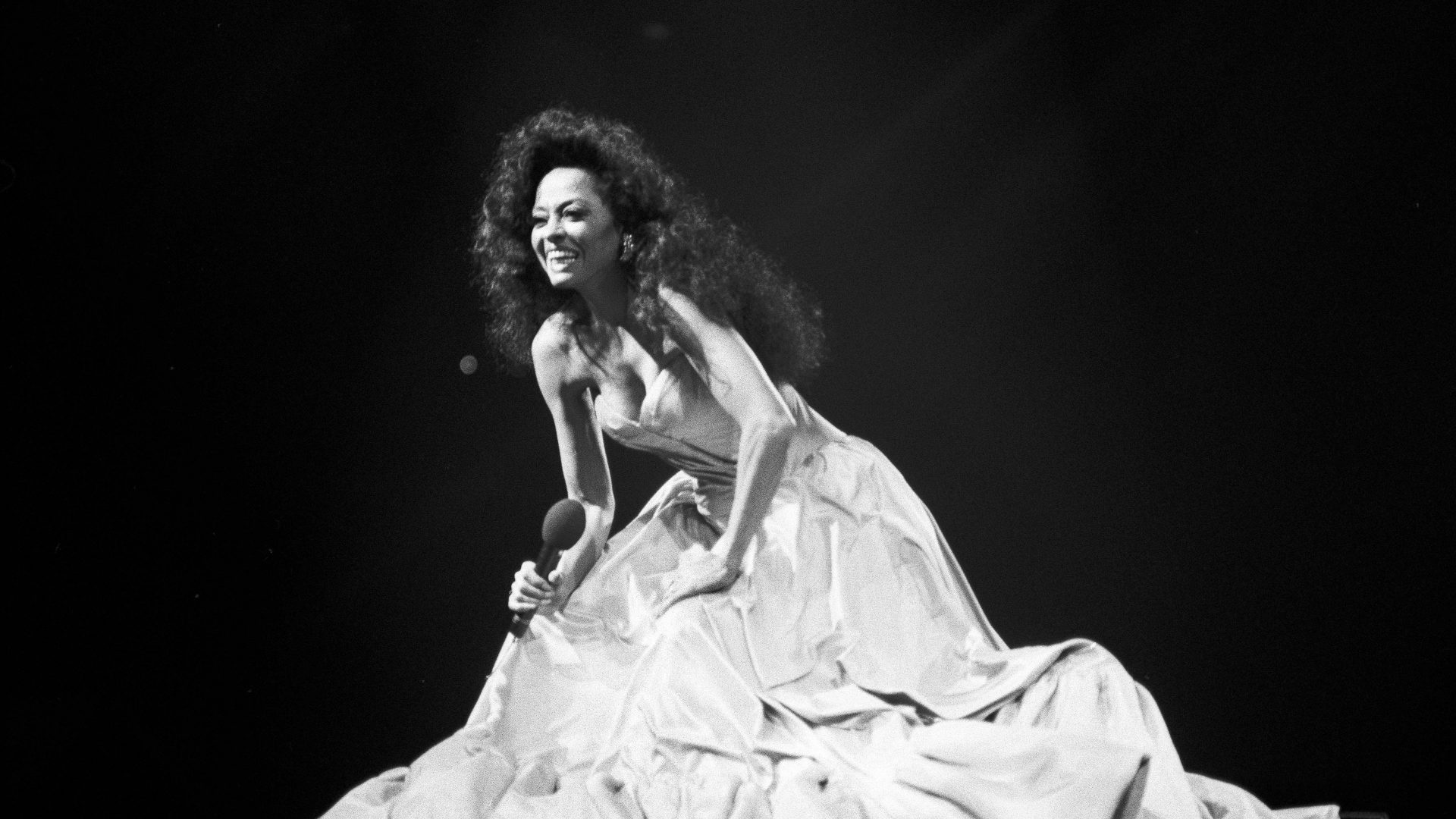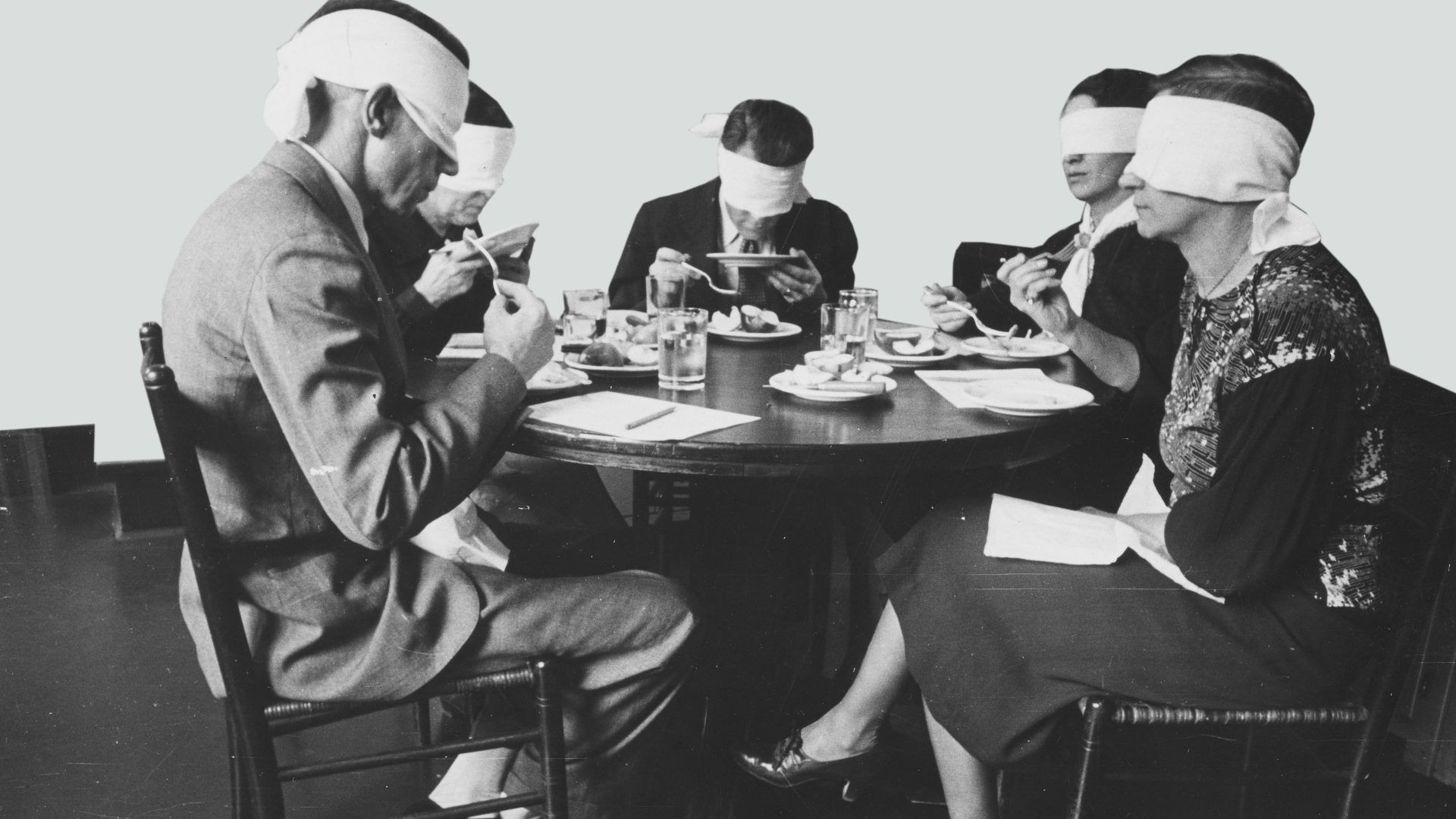A small example of the place of Diana Ross in my generation of black girls, maybe in my generation of girls, full stop.
Back in 1997, while I was spending late summer in France, one of my sisters – based in LA – rang, waking me up from my sleep, with the words, “Diana’s been killed”. My shocked response was: “Oh my God. Who wanted to kill Diana Ross”?
Because for me, growing up in the 1960s, “Diana” only really meant one person.
Then, this Diana was sine qua non untouchable, and also aspirational.
For many of us born to working-class families, people struggling to maintain a house or get on the housing ladder, and facing racial segregation in the attempt, Diana Ross was a kind of beacon. She was One Of Us. She had been through that struggle, too.
Her great grandmother had been enslaved in the South and had been a midwife. Growing up in the Midwest like she had, I understood her lineage, the struggle and the miracle of it.
Diana was born in March 1944, the month that the movie Cover Girl opened. It launched another ethnic minority woman who set out against great odds to forge herself and to be beautiful: the part-Hispanic Margarita Carmen Cansino, aka Rita Hayworth.
Diana Ross was always a cover girl, if only initially in her own imagination. And, like Hayworth too, Ross was initially invented by others. Then, gradually she invented herself.
Which is what my generation of girls wanted and aimed to do. We weren’t going to be like our mothers, stay-at-home moms who used to be called “housewives”. Mothers who were on round-the-clock duty: cooking and cleaning and mending and raising children; their only refuge was that big box in the living room, that gateway to another world.
Diana Ross existed on that box like she existed on the 45s we eagerly bought of her group, The Supremes. They were supreme to us, too, because they came on television, on the biggest variety show in the land: The Ed Sullivan Show, dressed in long, slinky gowns and bouffant hair.
We black girls knew the price of that hair: weekly trips to the hair salon to be subjected to a straightening concoction that included lye.
Malcolm X talked about the effects of that chemical on him. You had a burned scalp, patches of burned skin. But it was worth it to us. To us girls, it was our silent solidarity with Diana, so to see Diana and the other Supremes glamorous through pain was an inspiration.
Her voice is improbable, in a way. Not gospel; not blues; not jazz, but a combination of all three. Unlike Aretha Franklin whose voice was impossible to imitate and seemed divinely created, we could all screech: “Ooooh, baby love, my baby love …” and hunch our shoulders slightly like hers and try to be thin.
I was naturally skinny and never liked to show my legs because I thought that they were too thin, because being slender in our community had been a sign of deprivation, of want. Diana Ross made it glamorous to be thin and not be a white woman. And of course, she was right on trend because thin, even skinny was the body goal then and she looked to us as if she achieved it effortlessly.
We did not know that, later on, she suffered from anorexia. We would not have known what that was.
To us, too, she made it OK for a black girl to be a diva in public, not just at home or at church. We could see that Miss D was going to break away from Florence Ballard and Mary Wilson, long before that hit Broadway play, Dreamgirls, opened.
She had begun standing downstage and centre to the other Supremes as the ’60s moved on, those plaintiff shoulders of hers hunched in a kind of plea in that deceptively little voice.
As we yelled “black power” in the streets, and cities like her native Detroit and my Chicago burned, Diana was still cranking out the glam, even though she acknowledged the Movement
In the 1970s she went totally solo, and it was then that I became friends with a Diana Ross impersonator, actually a full-on drag queen.
By day, he drove a poultry truck back and forth over the Indiana/ Illinois border, armed with a gun and an attitude. But at 6 o’clock he began to be ‘Diana Ross’ for his drag act. And for his life.
I watched almost every night, in awe, as he assembled the bits and pieces of ‘Diana’, became the thing that he saw her as, and that maybe she was. Through him, I began to see Ross’s construction and maybe see, too, the total audacity and bravery of it: that the little voice and skinny body could make her a star.
I saw the original production of Dreamgirls, including the moment when the great Jennifer Holliday belts out And I Am Telling You I’m Not Going in defiance to the very idea of Diana Ross. In the theatre in those days, we all stood in awe and acknowledgment as Holliday sang, the way that people did when The Hallelujah Chorus was first heard in Handel’s Messiah.
Maybe that was our way of saying that it’s all right to say that everyone can’t be a goddess. Because everyone can’t.
Now, Diana Ross is releasing her first album of original material in 22 years, and her first album since 2006. She has dedicated it to all of us who love her.
And Glastonbury has announced that: “We’re thrilled to confirm that Diana Ross is returning to the UK to give her much-anticipated performance in the legendary Sunday teatime slot on the Pyramid Stage at Glastonbury 2022, on Sunday June 26”.
I have never been to Glastonbury, never really wanted to, but I might make it this time.
There are five women known as the Mighty Pop Divas of the Sixties: Dusty Springfield, Martha Reeves, Dionne Warwick ,Aretha Franklin and Diana Ross.
If you were lucky enough to have been around when these women, largely unannounced, exploded on the scene, then you can understand why Miss Ross still performing, still being there, is – as they say – “somethin’ else”.
There is a name that Miss Diana Ernestine Earle Ross goes by, too. It’s ‘The Boss’.
And she still is.




